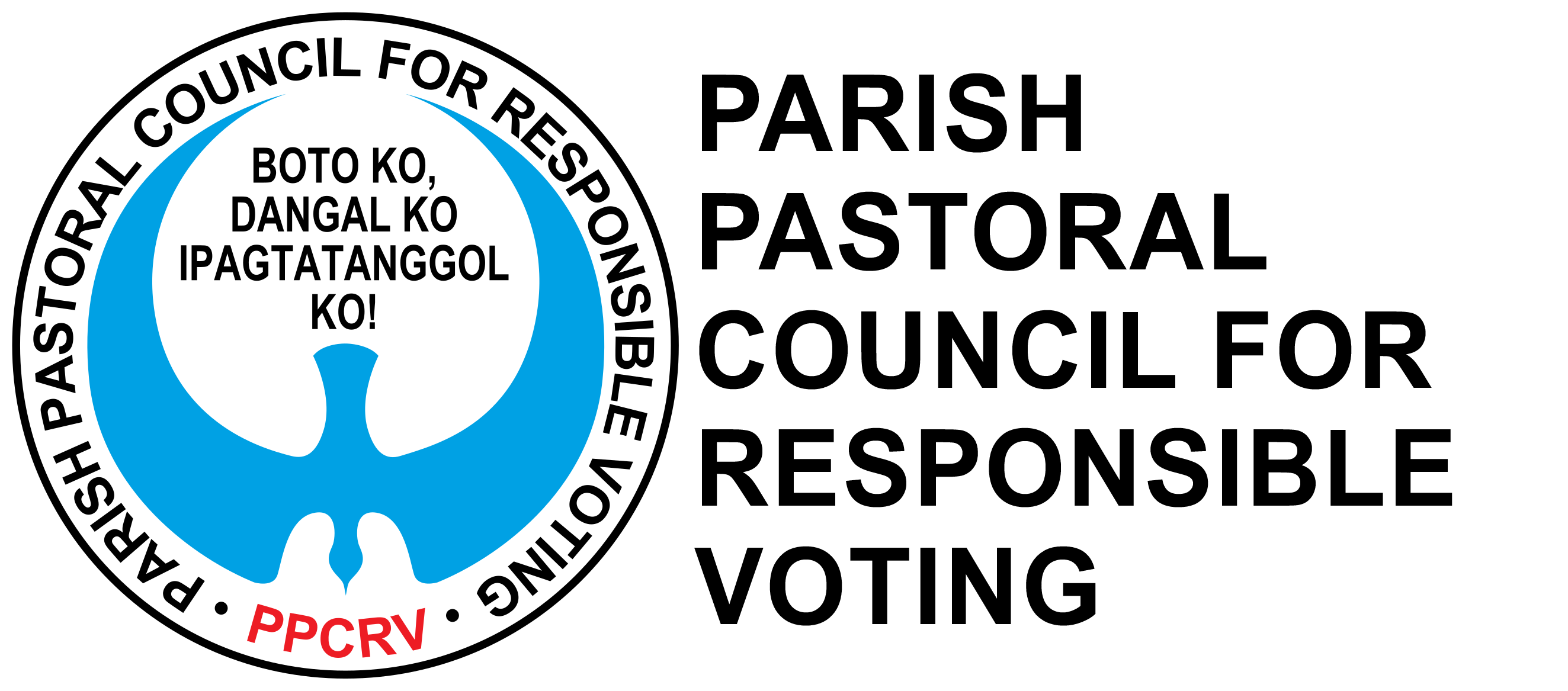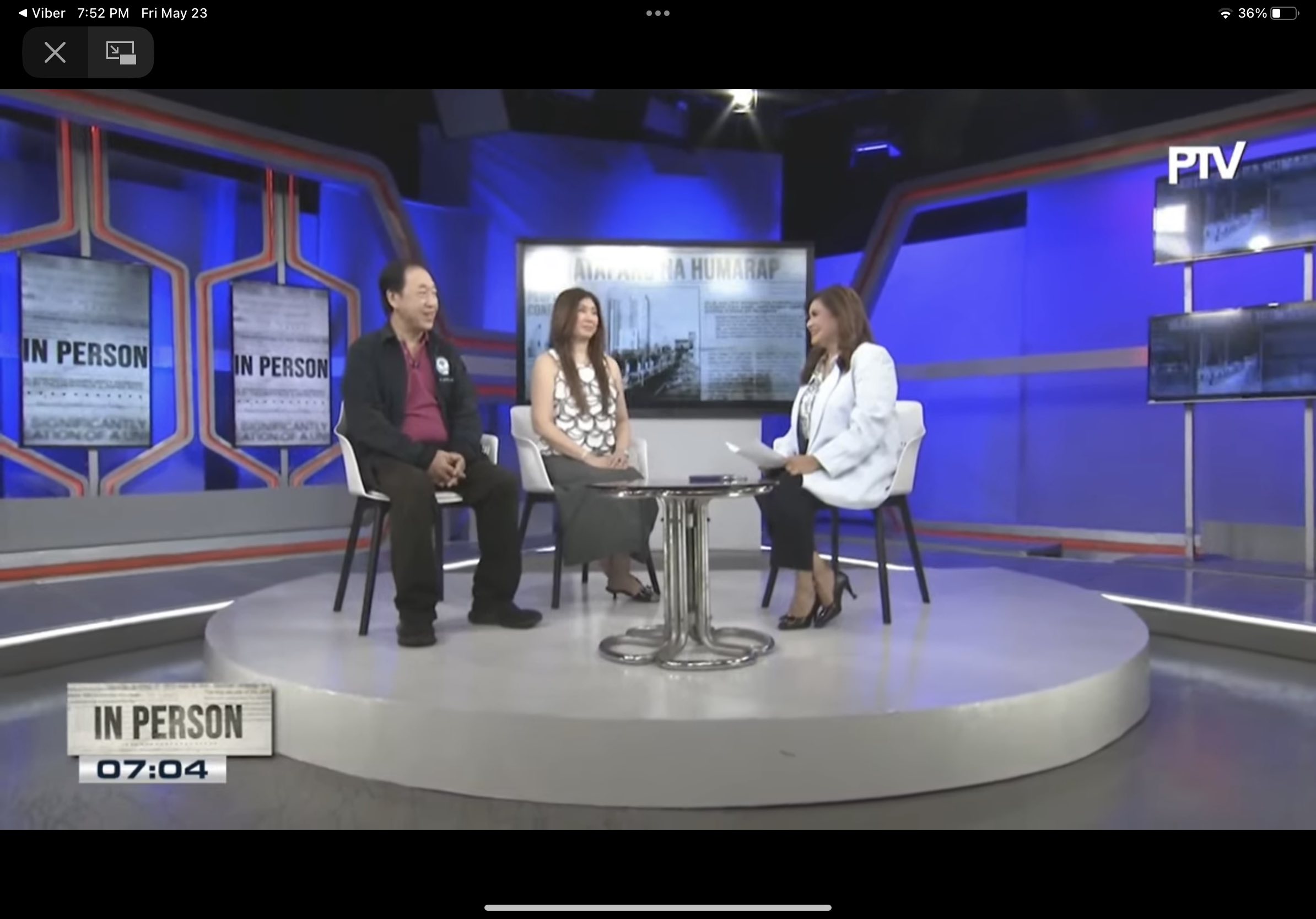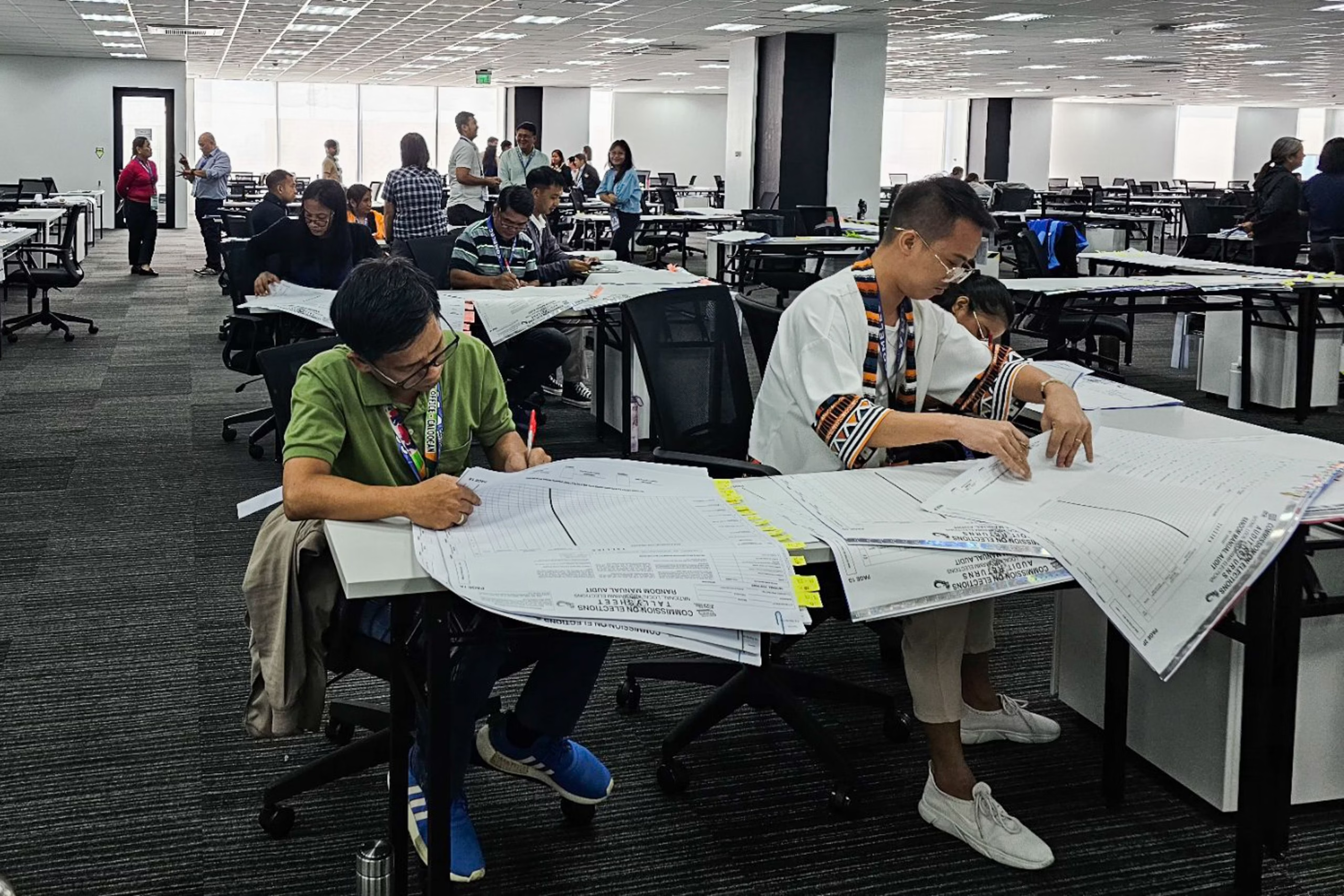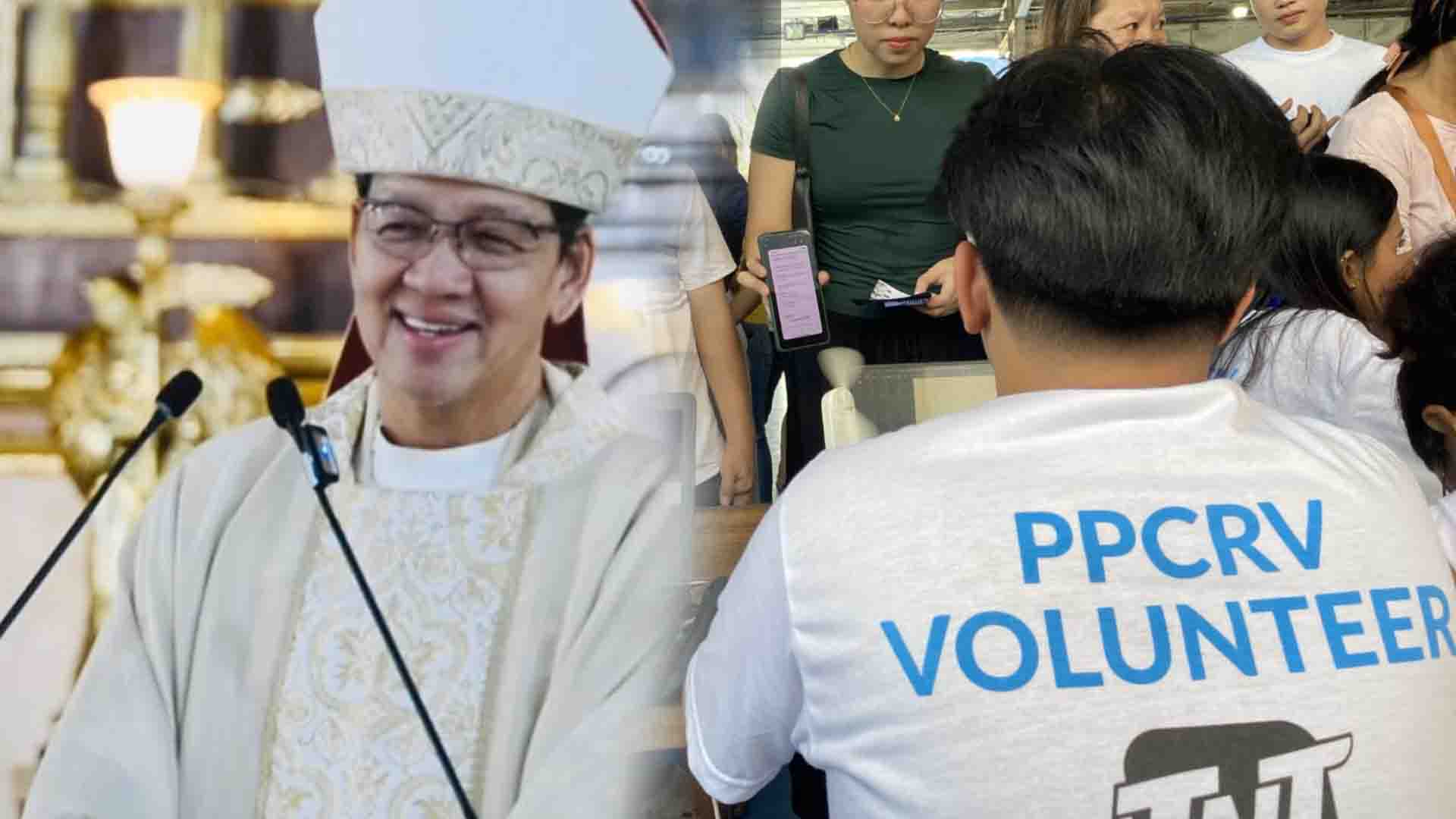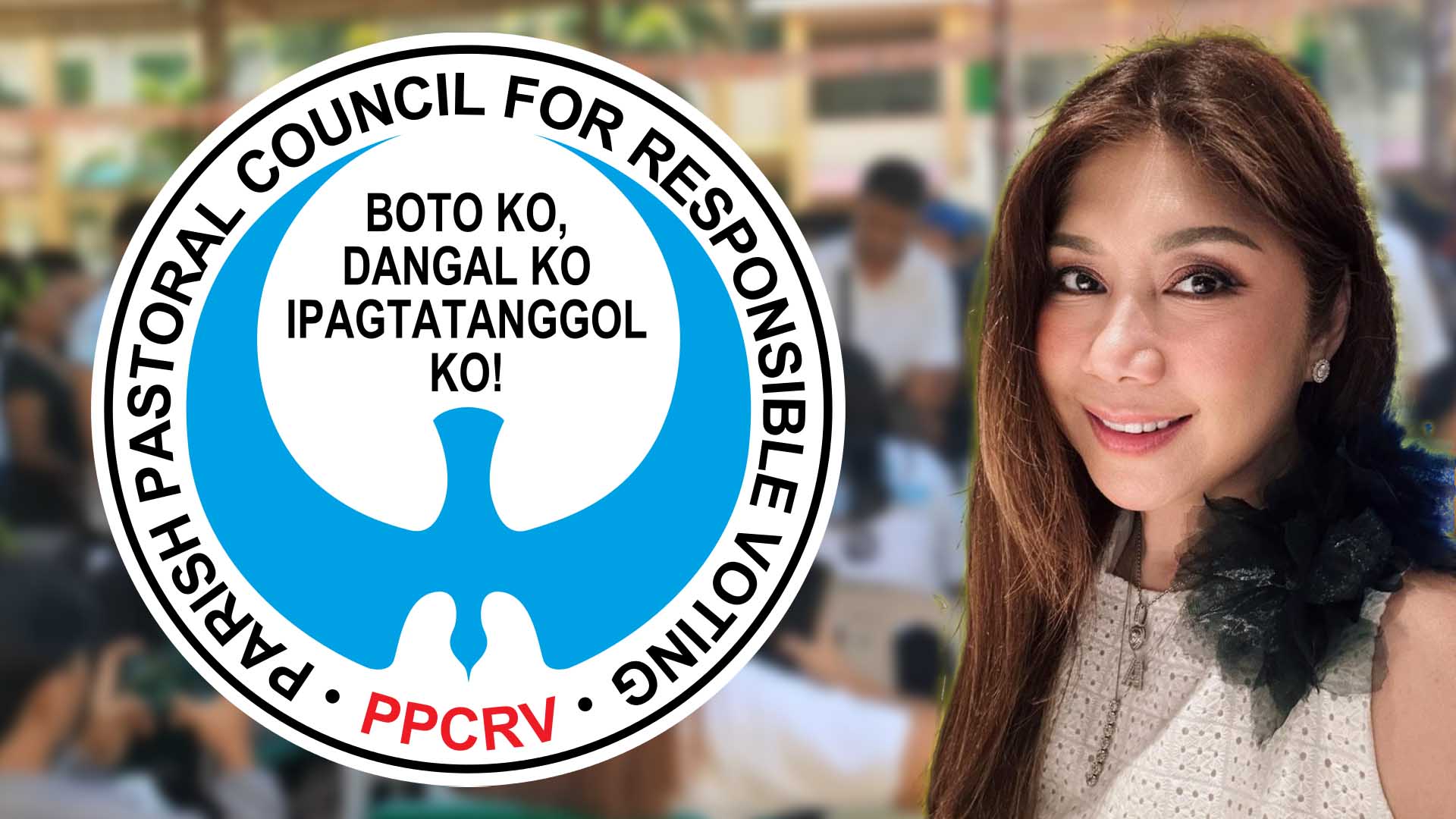
As the Philippines head for critical midterm elections in May, the Church in the country warns against hate speech and fake news.
By Lisa Zengarini
Nearly 70 million Filipinos will head to the polls on 12 May, 2025, to vote in midterm elections, electing lawmakers and representatives for local governments with over 18,000 candidates vying for legislative, local, and regional posts.
Duterte vs. Marcos
The ballot will be a barometer of public support for the incumbent President Ferdinand “Bongbong” Marcos Jr and has been billed as a proxy battle between the influential Duterte and Marcos political dynasties, following the acrimonious collapse of their once powerful “Uniteam” alliance that propelled Marcos to power in 2022, with the former president’s daughter, Sara Duterte as vice president.
The handover of her father Rodrigo Duterte to the International Criminal Court (CPI) on March 11 over his deadly “war on drugs”, was a major blow for the Duterte family coming only a month after the lower house filed an impeachment complaint against her on charges of corruption and incitement to insurrection.
Role of social media in the electoral campaign
As in past elections, the electoral process is overshadowed by systemic issues like vote buying, misuse of public funds and disinformation.
With the “UniTeam” now fractured, the electoral campaign, which kicked off on February 11, is becoming increasingly polarized and confrontational with social media again playing a major role.
Deepfakes and AI-powered scam calls have grown more ubiquitous, while the major tech platforms that host Southeast Asia’s digital footprint have fewer incentives for regulation and fact-checking.
Hate speach
The Parish Pastoral Council for Responsible Voting (PPCRV), a Catholic Church-based poll watchdog, has voiced concern over these issues, also strongly condemning, recent sexist statements by some candidates, along with other Churches and civic organizations.
According to the group’s spokesperson, Ana Singson, these incidents should serve as a “wake up call” for all voters to choose wisely at the polls. They “remind us that the vote is sacred, and that we should discern and select candidates based on key values,” she said in a statement citing “fear of God, honesty, education, diligence, helpfulness, caring, and love for the common good.”
Bishops’ Pastoral Letter on the elections
Also, ahead of the election the Philippine Bishops’ Conference (CBCP) has issued a Pastoral Letter urging voters to use their voices to uphold freedom and ensure the common good. In the letter entitled “Be Concerned for the well-being of others” the Bishops reminded voters that the “primary responsibility of a public servant” is to improve the lives of the Filipino people “especially the poor and the vulnerable.”
We need competent leaders and legislators with sincere intentions who serve the good of our parishes, cities, provinces, and the entire country,” the Bishops said.
The May elections will also contest 317 congressional seats and thousands of local posts. Among the candidates is Rodrigo Duterte, running for mayor of his hometown of Davao City, even while detained at The Hague.
Duterte running for mayor of Davao despite detention t The Hague
The May elections will also contest thousands of local posts. Among the candidates is Rodrigo Duterte, running for mayor of his hometown of Davao City, even while detained at The Hague.
Despite fierce criticism over his arrest, Marcos looks almost certain to consolidate his power in the midterms
